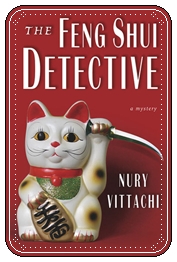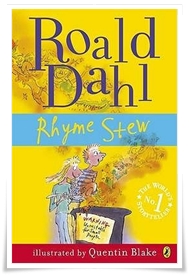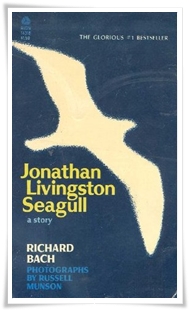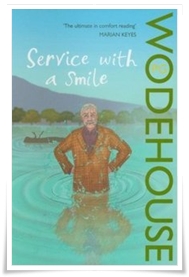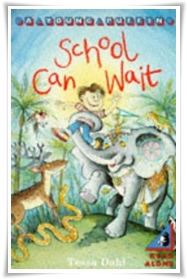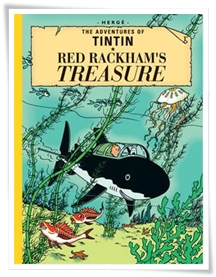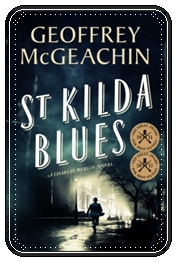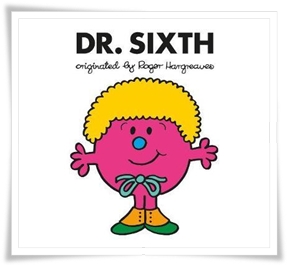The Feng Shui Detective
by Nury Vittachi (Chameleon Press, 2000)
This collection of short stories begins with a shout-out to Arthur Conan Doyle, and justly so; Vittachi crafts mysteries that are mostly about setting and character. Feng shui master C.F. Wong and his assistant (17-year-old westerner, Joyce) form a memorable cross-cultural duo.

